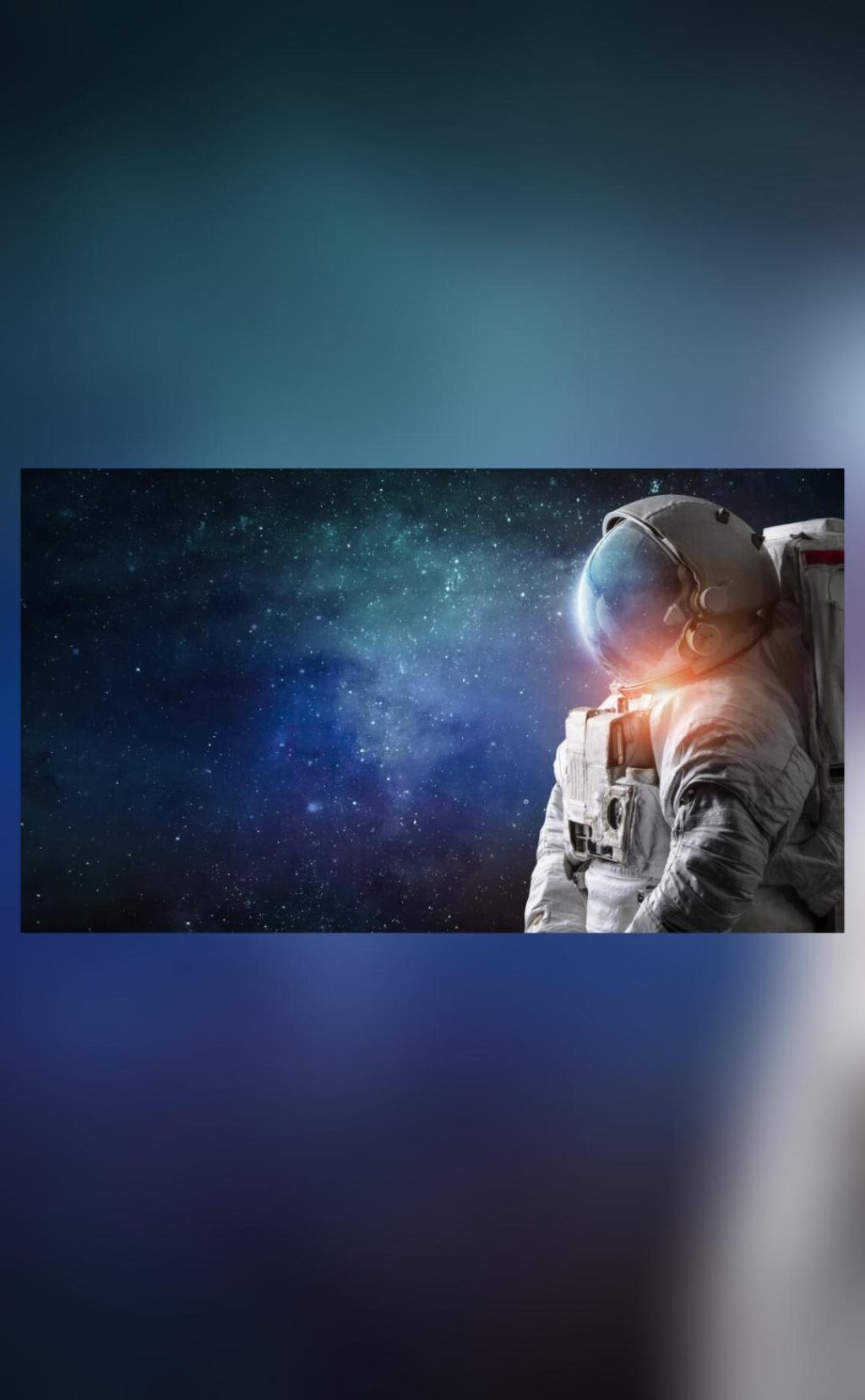
Google & NASA create AI medical assistant for Mars missions
As humans continue to push the boundaries of space exploration, ensuring the health and well-being of astronauts on long-duration missions to Mars and beyond is a top priority. To address this challenge, NASA and Google have collaborated to develop an AI-powered medical assistant designed to provide accurate and timely medical care for space travelers. The Crew Medical Officer Digital Assistant (CMO-DA), a multimodal system that processes speech, text, and images, has shown promising results in diagnostic accuracy and is poised to revolutionize medical care in space.
The development of CMO-DA is a significant milestone in the quest to make deep space exploration a reality. With NASA’s Artemis program aiming to return humans to the Moon by 2024 and establish a sustainable presence on the lunar surface, and eventually send humans to Mars in the 2030s, the need for advanced medical care capabilities is more pressing than ever.
The CMO-DA system is built on Google Cloud’s Vertex AI platform, which enables the AI model to learn from vast amounts of data and improve its decision-making abilities over time. The system is designed to assist medical officers in detecting and diagnosing a range of medical conditions, from minor injuries to serious illnesses. By leveraging machine learning algorithms and natural language processing capabilities, CMO-DA can quickly and accurately analyze medical data, such as symptoms, lab results, and medical imaging, to provide a diagnosis and recommend treatment options.
In a recent test, CMO-DA demonstrated impressive diagnostic accuracy rates of 88% for ankle injuries and 80% for ear pain. These results are significant, as they indicate that the AI system can effectively identify and diagnose common medical conditions that may arise during space missions, such as ankle sprains and ear infections.
The CMO-DA system also has the ability to learn from human feedback, allowing it to improve its performance over time. This means that as more data is collected and the system is used, it will become increasingly accurate and reliable, providing medical officers with a valuable tool to aid in the diagnosis and treatment of medical conditions.
The development of CMO-DA is not only a significant achievement for NASA and Google, but it also marks an important step towards the creation of a sustainable presence on Mars. By providing medical officers with a reliable and accurate AI-powered assistant, the system will help to ensure that astronauts receive the care they need to stay healthy and productive during long-duration missions.
In addition to its diagnostic capabilities, CMO-DA also has the potential to help reduce the workload of medical officers and improve overall medical care in space. By automating routine tasks and providing real-time diagnostic support, the system can help medical officers to focus on more complex and challenging cases, ultimately leading to better patient outcomes.
The collaboration between NASA and Google is a testament to the power of public-private partnerships in driving innovation and advancing our understanding of the universe. By combining NASA’s expertise in space exploration and Google’s expertise in AI and machine learning, the two organizations have created a system that has the potential to make a significant impact on the future of space travel.
As NASA and Google continue to work together to develop and refine CMO-DA, the possibilities for medical care in space are vast and exciting. Whether it’s treating medical conditions on Mars or providing critical care during long-duration missions, the Crew Medical Officer Digital Assistant has the potential to play a vital role in ensuring the health and well-being of astronauts as we continue to push the boundaries of space exploration.






